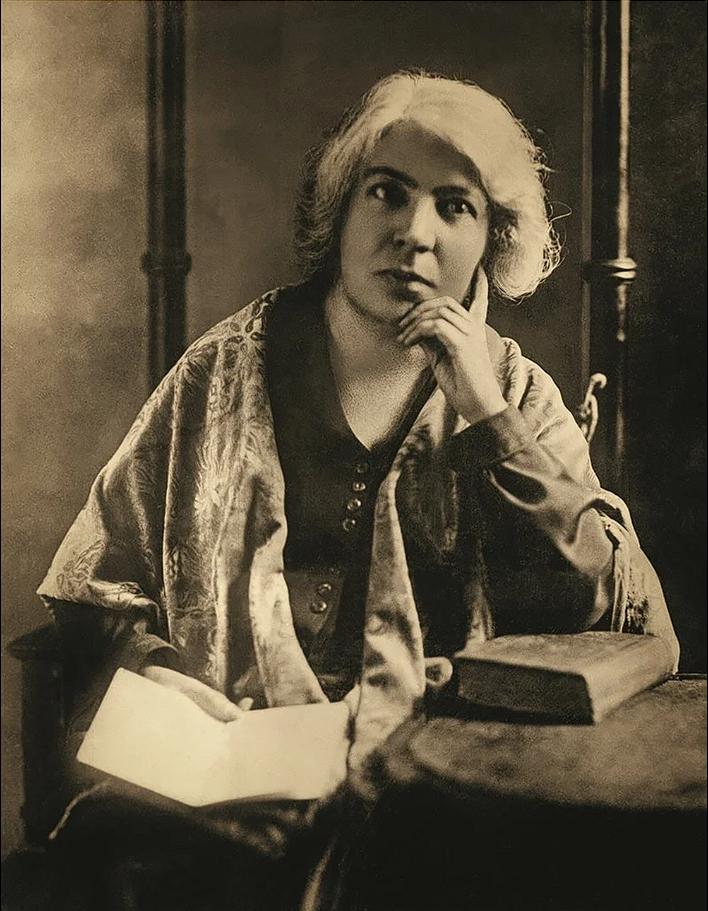Grazia Deledda: The Sardinian Voice That Defied Silence
In the rugged landscapes of Sardinia, where tradition often dictated the roles of women, a young girl named Grazia Deledda dared to dream beyond the confines of her society. Her story is one of resilience, passion, and an unwavering commitment to her craft, culminating in her recognition as the first Italian woman to receive the Nobel Prize in Literature.

Grazia Deledda’s Early Life and Challenges
A Childhood in Nuoro, Sardinia
Born on September 27, 1871, in Nuoro, Sardinia, Grazia Deledda grew up in a conservative society that placed strict limitations on women’s roles. Despite these constraints, young Grazia exhibited a profound love for literature and storytelling.
Self-Education Amidst Societal Constraints
After completing elementary school, Grazia’s formal education ceased, as was customary for girls in her community. Undeterred, she pursued self-education, immersing herself in literature and honing her writing skills in secrecy.
Early Literary Pursuits and Social Backlash
At the age of 13, Grazia published her first short story, a bold move that was met with criticism and disapproval from her community and even her family. However, this did not deter her; instead, it fueled her determination to continue writing.
Grazia Deledda’s Literary Journey
Themes Rooted in Sardinian Life
Grazia’s writings often depicted the lives of Sardinian peasants, exploring themes of love, pain, and societal norms. Her vivid portrayals provided readers with a window into the struggles and resilience of her people.
Marriage and Supportive Partnership
In 1900, Grazia married Palmiro Madesani, a civil servant who recognized and supported her literary ambitions. Their move to Rome marked a new chapter in her life, allowing her to focus more intently on her writing.
Prolific Writing Career
Over the years, Grazia authored numerous novels and short stories, gaining national and international acclaim. Her works resonated with readers for their emotional depth and authentic representation of Sardinian culture.
Grazia Deledda’s Nobel Prize Achievement
Recognition of Literary Excellence
In 1926, Grazia Deledda was awarded the Nobel Prize in Literature for her idealistically inspired writings that vividly depicted life on her native island and addressed universal human problems with depth and sympathy.
Significance of the Award
Her Nobel Prize win was a groundbreaking achievement, making her the first Italian woman and only the second woman ever to receive this honor in literature. It was a testament to her talent and perseverance in the face of societal barriers.
Legacy and Continued Influence
Grazia’s Nobel Prize brought international attention to her work and inspired future generations of writers, especially women, to pursue their literary aspirations despite societal challenges.
Grazia Deledda’s Enduring Impact
Preservation of Her Work
Today, Grazia Deledda’s contributions to literature are preserved and celebrated. Her birthplace in Nuoro has been transformed into a museum, allowing visitors to connect with her life and legacy.
Inspiration for Future Generations
Grazia’s journey from a self-taught writer in a restrictive society to a Nobel laureate serves as an enduring inspiration. Her story encourages individuals to pursue their passions and challenge societal norms.
A Voice That Transcends Time
Through her writings, Grazia Deledda gave a voice to the marginalized and highlighted the complexities of human emotions and societal structures. Her work continues to resonate with readers worldwide, transcending time and cultural boundaries.
Conclusion
Grazia Deledda’s life is a testament to the power of resilience, passion, and the written word. Her unwavering commitment to her craft, despite societal opposition, paved the way for future generations of writers. As we reflect on her legacy, we are reminded of the importance of amplifying voices that challenge the status quo and inspire change.
